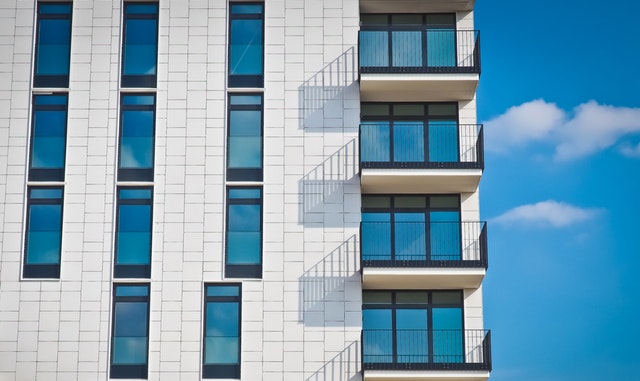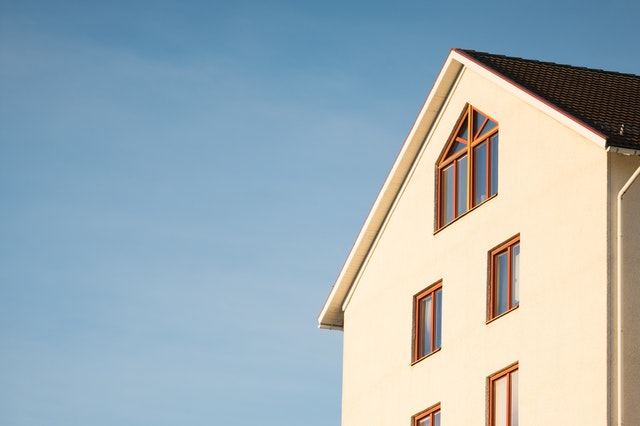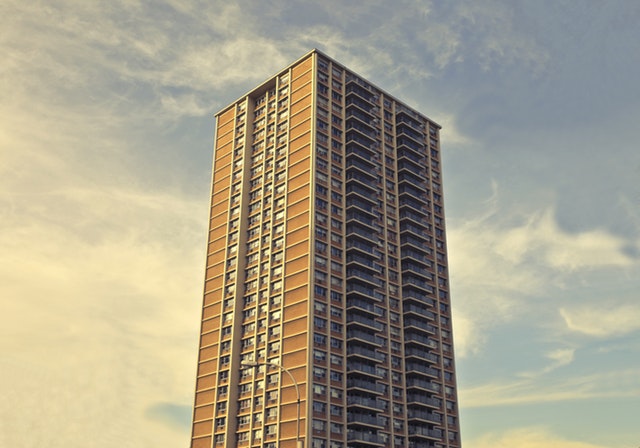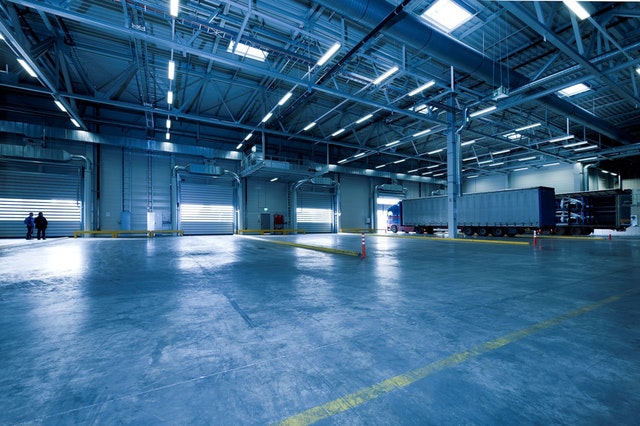Housing affordability would be improved by reducing the VAT rate for energy-efficient housing
Housing affordability would be improved by reducing the value-added tax (VAT) rate for energy-efficient homes up to 120 square meters in area and canceling the state fee for the first home, Mareks Kļaviņš, chairman of the board of the housing developer “Bonava Latvija”, told LETA. He points to positive examples in Europe, such as the Czech Republic, where such reliefs have contributed to the growth of the real estate market. Kļaviņš explains that the reduction of VAT on energy-efficient housing would lower the overall housing price, making it more affordable for families with children who otherwise might not be able to afford a larger living space. Kļaviņš emphasizes that such a reduction of VAT by the state would result in temporary revenue reductions, however, the overall economic impact would be positive. Greater real estate affordability would contribute to a more stable market while stimulating the flow of labor taxes, income taxes and other taxes to the state. Unlike housing on the secondary market, more than 28% of the price of a new home is made up of taxes – VAT, labor tax, corporate and personal income taxes, explains Kļaviņš. He explains that, for example, if the VAT were reduced from 21% to 12% for a house with a price of 162,000 euros, a family could buy it for 150,000 euros, but the state would receive 34,000 euros in taxes. The increase in demand would also stimulate real estate developers to expand the offer of the affordable housing segment, for example by creating opportunities for the construction of five-room apartments, Kļaviņš believes. He points out that currently families with three or more children are often forced to consider the purchase of private houses, as there is a lack of sufficiently wide and energy-efficient housing offers in the apartment segment. According to the survey data of the Association of Large Families, 37% of families in Riga and 43% of families living outside Riga live in housing where the available space per family member is up to 10 square meters, marking a significant problem of overcrowding and housing affordability in Latvia.










